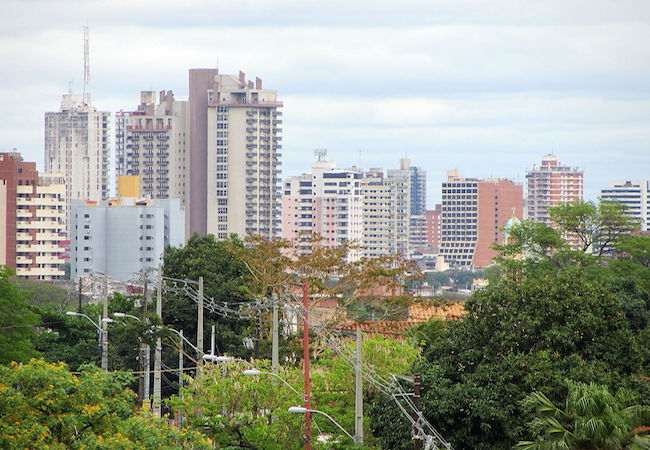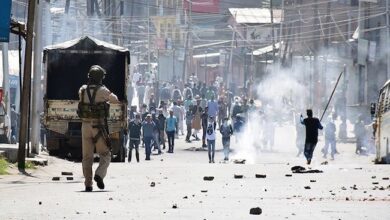
In 1991 the Governments of Argentina, Brazil, Paraguay and Uruguay established MERCOSUR with the signing of the Treaty of Asuncion, making it South America’s largest multilateral agreement assigned to tackle the commercial, economic and political matters in the continent. With the Treaty of Asuncion, the four nations agreed to ensure a “free movement of goods, services, and factors of production between countries.”
According to a recent publication of the Council on Foreign Relations (CFR): the four nations reached an agreement to “eliminate customs duties, implement a common external tariff of 35 percent on certain imports from outside the bloc, and adopt a common trade policy toward outside countries and blocs.” The analysis of CFR states that: “the charter members hoped to form a common market similar to that of the European Union, and even considered introducing a common currency.” In CFR Backgrounder, Shannon K. O’Neil, Ph. D. a CFR Senior Fellow for Latin America Studies, notes: “MERCOSUR had grand ambitions, it was going to be a customs union with a political side.” Furthermore, the nationals of its member countries are eligible to travel and work freely on any of the aforementioned states; simultaneously the MERCOSUR seal is inscribed on the passports of the aforementioned countries. Three years later, in 1994, the four nations signed the Protocol of Ouro Preto, an agreement that fine tuned the coordination of border control operations and ensured a customs union. (CFR, 2019)
Although Argentina and Brazil aspired to mend ties and establish a greater level of regional cooperation in the fields of commerce, economy and political dialogue; the integration of the Republic of Paraguay within MERCOSUR has been highly partial, with a total lack of coherence shown in the alarming levels of poverty across the nation. Moreover, Asuncion has suffered from rampant domestic corruption at the highest levels of government and its current economic stagnation (above-neutral growth) is the result of political bickering and disagreements that have taken shape between Argentina and Brazil. In the early 1990s, when the two South American Giants were keen to promote their bilateral dialogue and synchronize their commercial partnership, trade and commercial relations among the four countries was experienced a significant growth. On the other hand, since the beginning of the XXI Century until today, MERCOSUR has lost its relevance and simply became a platform of empty talk were the Nation of Paraguay was always discriminated by the Leftist Governments of Argentina and Brazil, it has become clearly evident that the only landlocked country of the bloc is treated as a junior partner. The recent implementation, enforcement of external tariffs – applied outside of MERCOSUR – to the Paraguayan automotive industry that is exporting auto parts in Brazil, is a typical example of Brasilia’s brash and arrogant attitude towards the Paraguayan products that are crossing the border.
Despite these political hurdles and geographical disadvantages, the Republic of Paraguay has always shown a political support, reflected a great sense of responsibility and complied with all multilateral agreements signed within the framework of MERCOSUR. The Paraguayan six-months long Presidency of MERCOSUR in the first half of 2018, marked an important milestone in the overall history of the organization and particularly reached concrete results on its ongoing negotiations with the European Union. Furthermore, Paraguay has provided a constant political support for MERCOSUR to establish close cooperation agreements with the Governments of the Republic of Korea, Republic of Singapore, Republic of China (Taiwan), and the Socialist Republic of Vietnam. This chapter presents a broad range of opportunities and challenges in Paraguay’s Foreign Policy; promotes the efforts of the current Paraguayan Government to further strengthen economic globalization thereby fostering international circulation of goods, services, technologies and capital.
To read the full research paper, please click here.






